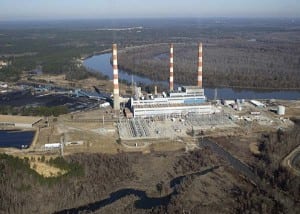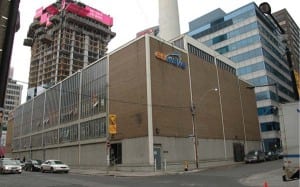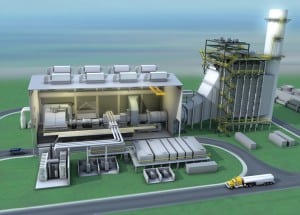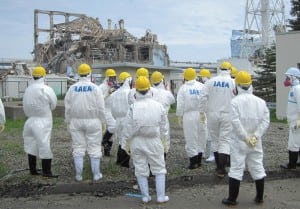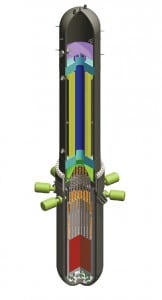Departments
-
Coal
Largest CCS Project in Operation
Companies continue to increase the size of carbon capture and sequestration test projects. Mitsubishi Heavy Industries (MHI) has launched operation of what it calls the world’s largest demonstration of carbon capture on a pulverized coal plant.
-
News
Screened Tungsten Halogen Lights for Nuclear Plants
BIRNS Inc., designer and manufacturer of lights for the nuclear power industry, introduced enhancements to the popular BIRNS Kelvin—a 16,000-lumen tungsten halogen light that features a 120 volt/1,000 W lamp with instant on/off and hot-restrike capability. Designed for underwater use in areas with high levels of radiation and nuclear contamination, the new model 5813 now […]
-
O&M
Improving the Efficiency of Toronto’s District Heating Plant
Enwave Energy Corp.’s district heating plants in downtown Toronto will be operating cleaner and more efficiently before the fall 2011 heating season begins when boiler upgrades now under way are completed. Enwave hired Benz Air Engineering (BAE) to design and install upgrades to all eight boilers inside Enwave’s Pearl Street Station. When the $20 million project is completed, the retrofits will produce energy savings exceeding $5 million per year. In addition, the company will receive incentives of $100,000 per boiler from Enbridge, its natural gas provider.
-
Hydro
Chile, Peru Put the Brakes on Mega-Hydro Projects
Weeks after Brazil’s environmental agency, IBAMA, granted final approval for construction of the mammoth 11.2-GW Belo Monte Dam in the Amazon region to proceed, an appeals court in Chile suspended plans for the 2.75-GW multi-dam HidroAysen project in the Patagonia region, and Peru’s government terminated a concession for the 1.5-GW Inambari in the Peruvian Amazon area after month-long mass protests (Figure 5).
-
Commentary
Geothermal Projects Race to Meet Incentives Deadlines
At the close of 2009, the U.S. geothermal industry had seen seven new geothermal power plants come online in the previous 12 months. In 2010, only one new power plant was completed.
-
Gas
Pushing the 60% Efficiency Gas Turbine Barrier
Gas turbine makers GE, Siemens, and Mitsubishi Heavy Industries (MHI) in the last week of May separately profiled unprecedented results from development or testing of three innovative combined-cycle gas turbine (CCGT) technologies.
-
Nuclear
Germany to Shut Down All Nuclear Reactors
Germany’s Chancellor Angela Merkel at the end of May officially endorsed a plan to shut down all 17 of the nation’s nuclear power plants by 2022. The decision, which gives the power-intensive nation just over a decade to find new sources of power for 23% of its energy needs, has had reverberations all over the world, though the future of nuclear—through growth in developing nations—continues to look sturdy.
-
Nuclear
TEPCO: Most Fuel at Daiichi 1 Melted
Tokyo Electric Power Co. (TEPCO) in May discovered—after calibrating water gauges—that the water level in the reactor pressure vessel of Unit 1 at the quake- and tsunami-ravaged Fukushima Daiichi nuclear plant may have dropped to such low levels that the fuel was completely uncovered. This caused almost all the fuel pellets to melt and fall to the bottom of the vessel at a relatively early stage in the accident—roughly 15 hours after the March 11 earthquake that killed an estimated 28,000.
-
News
Spectrophotometer with Radio Frequency Identification
Hach Co. unveiled its DR 3900 spectrophotometer featuring state-of-the-art radio frequency identification (RFID) technology. Hach, which describes the device as being “similar to a GPS telling you when to turn,” also says that the DR 3900 requires less training and increases confidence in the test results. This helps water and wastewater facilities prevent measurement errors. […]
-
Nuclear
Holtec, Westinghouse Roll Out Small Modular Reactor Designs
As the Daiichi nuclear crisis has governments around the world reconsidering their nuclear-heavy energy plans and scrutinizing the safety of existing reactors and third-generation designs, several developers are touting the merits of small modular reactors (SMRs).

